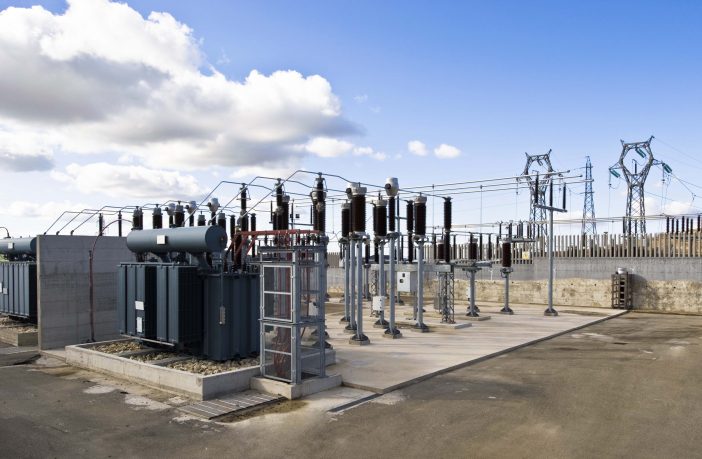- Electricidade de Moçambique (EDM) has formalised an agreement with the German Development Bank (KFW) to finance the Mozambique-Malawi Interconnection Project.
- The agreement unlocks funding of USD 45 million for installation of a 135km, 220 kV power line from the Matambo substation to Phombeya in Malawi.
- The project also includes about 75 km of 220 kV transmission line on the Malawi side plus a new substation installed at Phombeya.
As the second phase of the Southern African Power Market Program, the Mozambique-Malawi interconnector project will connect Malawi to the Southern African Power Pool (SAPP), allowing two-way energy trade between the two countries.
The SAPP oversees electricity trade among member countries in southern Africa. This will ensure much-needed diversification in Malawi’s electricity supply and allow the export of any off-peak power surpluses. It will also provide Mozambique’s energy sector with a new revenue source.
The corresponding Energy Purchase Agreement and the other technical-commercial agreements between EDM and the Malawi electricity utility (ESCOM) were signed last April in Blantyre.
German Financial Cooperation, through KfW, will support EDM in the installation of a new 400kV substation in Matambo and the construction of a 400kV 142km transmission line to link the Matambo substation with the Malawi part.
The total cost of the Mozambican part of the interconnection program amounts to $100 million.The German Government has donated €30 million, which will be channeled through KfW. The World Bank will donate $42 million to Mozambique for the same project. In addition, an additional $ 24 million from Norway will be channelled through the World Bank.
Author: Bryan Groenendaal















